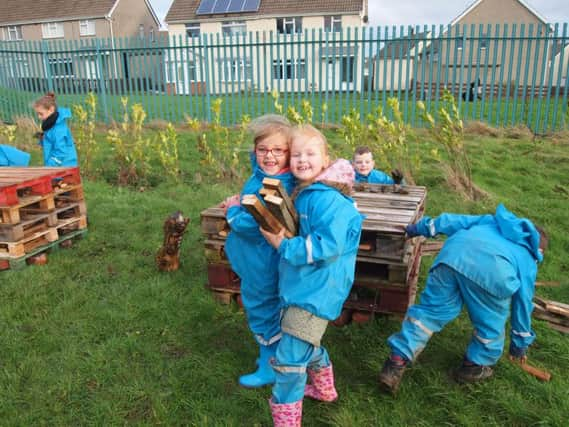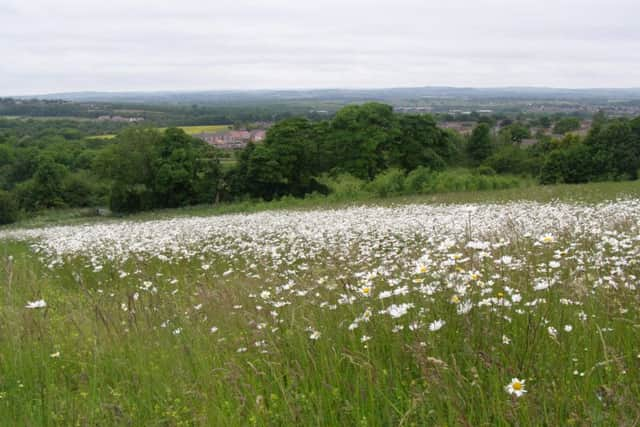Sunderland wildlife project helps insects in Wearside


During the last 18 months Sunderland City Council has worked with the charity Buglife on the Making a B-Line for the North East scheme, to help bees and other pollinators.
It is working to restore wildlife sites and enhance greenspace and is part of a UK-wide network of wildflower-rich areas, which aims to stop the decline in insect pollinators.


Advertisement
Hide AdAdvertisement
Hide AdCabinet member for city services, Councillor Michael Mordey, said: “Some of the land the council owns is incredibly important for wildlife.
“These areas provide a range of fantastic habitats and have been recognised as local wildlife sites.
“These sites in urban areas, along with sensitively-managed parks and road verges can all support a wide range of flowers on which insect pollinators feed.
“With this in mind we arranged for the project team to provide extra training for our customer-relationship officers and street-scene operatives.”


Advertisement
Hide AdAdvertisement
Hide AdWorking alongside Durham Wildlife Trust at Rainton Meadows, the project has visited 15 schools across Sunderland and South Tyneside, teaching pupils about bees, other pollinators such as moths and hover flies and wildflowers.
Pupils from Castle View Enterprise Academy have also helped wildflower planting at Hylton Dene.
Buglife has cleared scrub from several sites as well as cutting and raking off rough grassland, to increase the areas of flowering meadows.
Buglife’s B-Lines conservation officer, Dr Paul Evans, said: “The work carried out on the local wildlife sites has helped to conserve the wildlife they support for the benefit of future generations.”